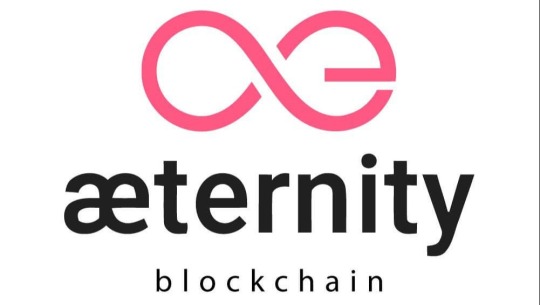Don't wanna be here? Send us removal request.
Text
Aeternity: A New Blockchain Platform for Scalability, Decentralization, and Trustless Transactions

Aeternity is a next-generation blockchain platform designed to be more scalable and viable than Ethereum and other blockchain platforms. Its purpose is to provide scalable, decentralized, and trustless alternatives to existing governance, economic, and financial intermediaries. To achieve this, the Aeternity team has created a public, open-source, blockchain-based distributed computing and digital-asset platform
Key Features
Scalability
Aeternity utilizes next-generation, highly scalable public blockchain technology, which allows for the execution of smart contracts off-chain through State Channels. This enables infinite real-time transactions and can handle use-cases that require high throughput of transactions.
Oracles
Aeternity has a built-in decentralized oracle system that leverages real-world data in real-time, making smart contracts more useful and effective.
Governance
Aeternity is governed by its stakeholders, including miners, token holders, and other participants with a stake in the blockchain. The stakeholders achieve governance through delegated voting.
User-friendly Identities
Aeternity features user-friendly identities for blockchain entities, such as user accounts, oracles, contracts, etc. This makes the blockchain more accessible and user-friendly.
Consensus Algorithm
Aeternity uses a unique hybrid Proof-of-Work (PoW) and Proof-of-Stake (PoS) consensus algorithm, with the mining part done through State Channels.
Smart Contracts
Aeternity features Turing complete smart contracts that execute transactions and commands without the need for third parties.
Support for Ethereum Virtual Machine (EVM)
Aeternity supports the Ethereum Virtual Machine, allowing Solidity contracts to be deployed to the Aeternity blockchain[5].8. Languages: Aeternity has its own programming languages, Sophia and Varna, which are designed for building high-quality smart contracts.
State Channels
Aeternity's State Channels enable infinite real-time transactions and can handle use-cases that require high throughput of transactions.
Token
Aeternity's native token is called AE, and it was launched as an ERC-20 token before being migrated to the new blockchain on a 1:1 basis.
Use Cases
Aeternity has the potential to be applied to a wide array of individual, business, and government use cases, including nano and micropayments, supply chain management, information markets, multiplayer video games, toll APIs, insured crowdfunding, cross-chain atomic swaps, assets and portfolio replication, and contracts for financing projects in the public interest.
Conclusion
Aeternity is a promising blockchain platform that aims to provide scalable, decentralized, and trustless alternatives to existing governance, economic, and financial intermediaries. With its unique features, such as State Channels, decentralized oracles, and support for the Ethereum Virtual Machine, Aeternity is well-positioned to address the scalability challenges faced by other blockchain platforms. As the platform continues to evolve and mature, it has the potential to become a significant player in the blockchain ecosystem.
1 note
·
View note